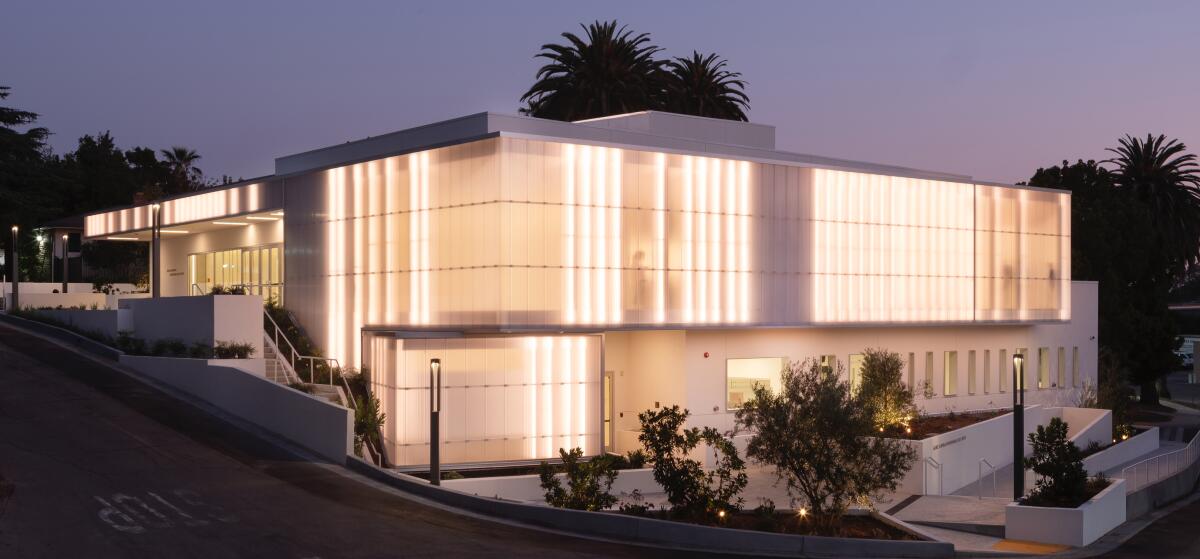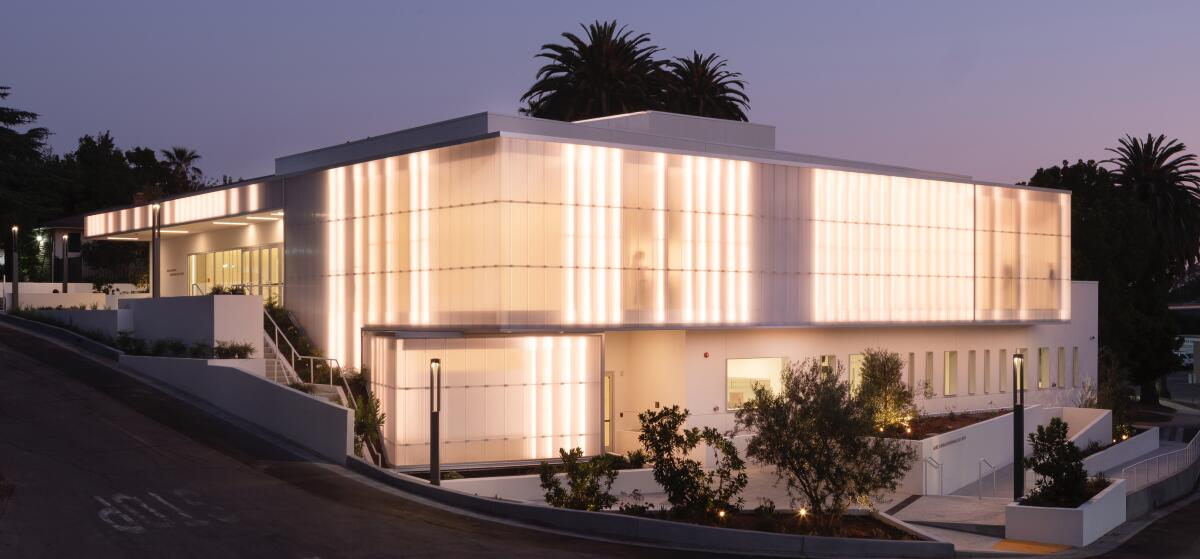Reparteras: Meet the women of Cuba’s rising urban music scene
Beyond the Cuban diaspora, the genre known as reparto is overwhelmingly unknown. But on the streets of Havana and Hialeah, Miami, reparto is inescapable, pulsing from balconies and portable speakers on the beach.
Born in Cuba’s working-class neighborhoods — known colloquially as repartos — this hyperkinetic fusion of reggaetón, timba and Afro-Cuban rhythms has become the island’s score. In the mid-2000s, artists like Chocolate MC and Elvis Manuel built the genre’s sound on distorted synth stabs, shouted call-and-response hooks, and the distinct Cuban clave beat that makes your body move before your brain can even catch up.
It’s also become a platform for youth navigating scarcity, surveillance and dreams of escaping poverty. The lyrics, characteristically and unapologetically obscene, reflect the realities of life in marginalized communities. But alongside its rhythmic bravado, reparto’s explicit language often veers into the dehumanizing and misogynistic.
The music centers on women, but more often than not, as objects: the perra to conquer, the diabla to tame, the culo to catalog in explicit detail. And it’s no surprise: The genre’s blunt portrayal of women mirrors the machismo deeply embedded in everyday Cuban life.
It’s a refrain you’re bound to hear in any and every nightclub: “¿Donde están las mujeres?” But the next time 10 reparteros link up for a track, they probably won’t call a woman. Within a genre that revolves so heavily around their bodies, women’s voices still remain rare.
So, ¿dónde están las mujeres? Or, where are the women making reparto?

“Chocolate is the king, but who is the queen?” says Seidy Carrera, known artistically as Seidy La Niña. “There’s a space that needs to be filled with women. There’s no f—ing women!”
At the onset of reparto, early reparteras like Melissa and Claudia slipped brief female cameos into club anthems. More than a decade later, due to Cuba’s only recent, and still extremely limited, internet access, these artists and their collaborations have a seemingly untraceable digital footprint. Still, most playlists orbit male voices, and collaborations rarely invite women to the booth: “When reparteros come together on a track, they never call a woman,” she says.
Carrera, 32, was born in the reparto El Cotorro and raised in Miami since she was 6. The self-proclaimed queen of reparto, the paradox defines her career: She fights for space in a scene whose appeal lies in her raw neighborhood realism, but detractors question her authenticity as a gringa, or as they would call her, yuma.
“I feel resistance every day, every single day,” she says. In response, she reclaims the discriminatory language used against her; onstage, she chants “más perra que bonita,” flipping the curse-word from insult to empowerment.
“It’s empowering to say, I’m more perra than pretty. To me, being a perra is being a woman who’s exclusive, who makes her own money. In my case, … nobody opened the door for me, nobody gave me a hand.”
For Havana-based singer-composer Melanie Santiler, 24, the double standard hits her before she can even sing her first note: “I feel that I have to do twice as well. I have to put in double the thought, double the effort, double the talent, always having something more to say,” she says.
“It’s exhausting. It’s exhausting being a woman, having to get up and tell yourself, damn, I have to look pretty and put together. I spent my whole life in school with an onion bun because I didn’t want to do my hair,” Santiler says and laughs, messy bun flopping around her face.
Reaching almost 5 million YouTube views on her 2025 viral collab, “Todo se Supera” with Velito el Bufón, she’s broken into the reparto space as one of the genre’s most distinctive voices. Beside this rise, she’s faced a newfound pressure to dress a way she normally wouldn’t, a beauty standard her masculine counterparts don’t face.

Aliaisys Alvarez Hernández — better known as Ozunaje — says she doesn’t face the same criticism in the urban Cuban music scene, likely due to her sexuality and more masculine appearance. “Reparto is a genre for men, that’s how I see it,” she says. “I dress like a man, I practically live my life like a man, so what I write resembles what men are already saying. That also gave me an impulse, where I feel like more feminine artists, they have to work harder.”
A former rhythmic gymnast from La Habana, Hernández, 23, stumbled into music when friends recorded her singing a demo of “Cosas del Amor” in her living room. Someone uploaded the video, it went viral, and suddenly, she had a career. Since that start, Hernández refuses to only be compared with other reparteras.
Her goal has always been to be measured against men, since “that’s who people actually listen to.” Dressing in traditionally masculine clothing, paired with a deep, raspy delivery, helps her lyrics resonate with locals without the extra hurdle of hyper-sexualized expectations.
Hernández’s androgynous wardrobe and open queerness bring another layer of potential discrimination, but despite the rampant homophobia persistent in present-day Cuba, she doesn’t feel much resistance. “The worst word they throw at me is tortillera, but it doesn’t affect me,” she says, adding, “People like my style, they like that I dress like a guy. Everybody tells me, you have tremendo flow, I love your aguaje, so I haven’t faced any bullying. Never.”

Misogynistic currents in reparto mirror those in early reggaetón, reflecting the average street machismo. The genre’s marginal roots complicate blanket condemnations, since the same raunchy lyrics often encode critiques of class exclusion. Still, reaching bigger stages will require editing the most gratuitous slurs, if only to broaden the music’s export potential. At least, Ozunaje thinks so.
“Reparto came from people who were poor, who had nothing, who were desperate to get out. Nobody imagined it would get this big. Now it’s reaching the whole world, so the vocabulary has to evolve,” she says.
Santiler echoes this critique. “It’s become really repetitive. I think right now, everyone is talking about the same thing. It’s been really easy. Facilista,” she says, using the Spanish term for taking the easy way out. Santiler loves reparto’s swing, but calls most of it objectifying, pointing to Bad Bunny’s “Andrea” and “Neverita,” along with C. Tangana’s “El Madrileño,” as proof that urban music can expand beyond bedroom conquests.
“The street already says these things, and reparto just writes it. It’s an image of what’s happening. But I grew up with other types of music and other types of references, so I’d like to expand beyond that, to make something fresh.”
Santiler adds that the basis of reparto, both in her gratitude and her criticism, comes from pride.
“I love Cuba, I love my country. The current generation of Cuba doesn’t reject their identity — they’re doing the opposite. They want to create a new culture, to create a new movement, and they want the world to know Cuba again,” she says.



